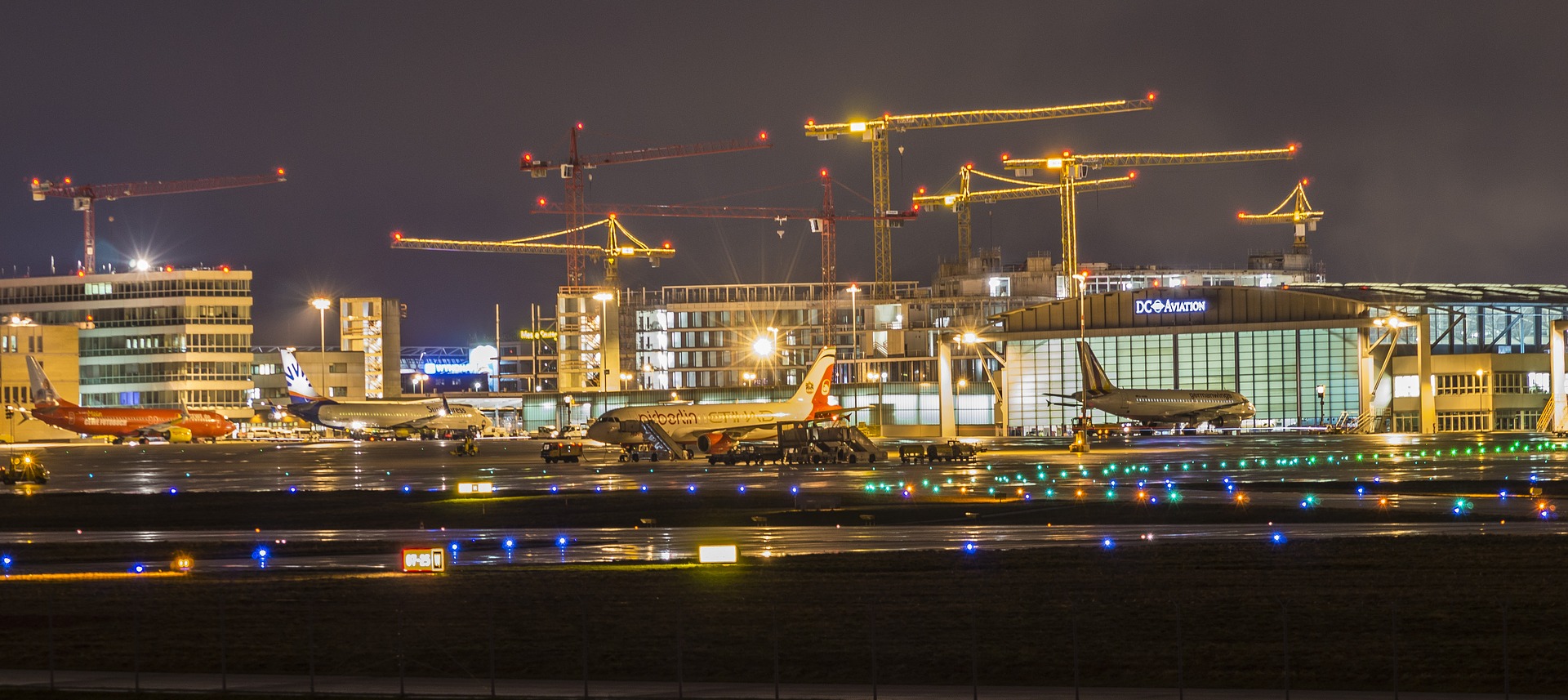The current international pandemic crisis caused by Covid-19 generated as a consequence a recession in the operations of the air transport sector, the situations that have occurred in this context as airline closures, staff layoffs, and fleet cuts reflect the effects that air passenger transport is suffering, therefore, since 2020 companies involved in commercial aviation are making a great effort to make airplanes a safe means of transportation, which generates confidence in passengers, and thus recovers the demand that aviation enjoyed prior to the pandemic. In the new year, airlines and airports will launch innovative initiatives through trends and technologies that will be important in driving the recovery of commercial aviation.
Contents
New Contactless technologies
Current health recommendations aimed at mitigating the risk of contagion promote, among other things, reducing contact between people as much as possible. New technologies make it possible to reduce this contact by making use of various applications; an example of it is the IATA Travel Pass, an application that links to an airport system and manages health certifications without having to physically hand them over to someone.
Instant Covid-19 testing
Covid-19 testing is currently the primary means of restoring air passenger transit, and airlines and airports alike have made it a priority for airport users to have access to a variety of testing centers. Rapid test centers are multiplying at various airports, offering a reliable result within 30 minutes. This point today is the most critical to ensure the health of users on flights, however, there are already cases of airlines that have not respected the measures applicable to the Covid-19 tests, if you want to know more you can read the article: Airline is fined in El Salvador for transporting a passenger with Covid-19.
Use of “Health Passports”
The new trend around the world that has emerged as an alternative to resume normal airline operations are digital health passports. Digital health certificates are being developed in various countries and airlines, which hope to establish a standard for verification of health results and vaccination records.
Biometrics and self-service
Several airports have adopted biometrics technologies for the identification and facial recognition of both crew and passengers so that a physical exchange of credentials is not necessary to confirm the identity of individuals. As for self-service, the aim is to reduce the number of personnel in charge of offering services so that each user can make exclusive use of them without the need for contact with another person.
Robotics
In 2020, some airports implemented robotic technology for passenger disinfection, which reduces the exposure of employees and personnel to possible contagion due to the possibility of encountering infected individuals in the regular traffic of airport users. An example of an airport robotic application is Incheon International Airport, which adopted robots for taking body temperature.
Cleaning systems
In recent months, the cleaning of aircraft cabins has become a trend in the fight against Covid-19, and one of the most efficient solutions is an ultraviolet cleaning system developed by Honeywell. This cleaning process is already being used in the fleets of Qatar Airways and JetBlue airlines.
Social distancing
This method was one of the first to be adopted to reduce the number of Covid-19 virus infections worldwide. Although airports are implementing various innovative technologies to mitigate the risk of contagion, distancing is an essential measure to ensure the health of passengers, to carry out this point it is necessary to have logistics that design traffic routes and virtual queues.
What do you think about this issue?, do you think that following the new health trends the commercial aviation will recover?
If you have any doubt or question you can contact us or write your query in the comments section below.
Image by Sebastian Niemann via Pixabay under Creative Commons license.
